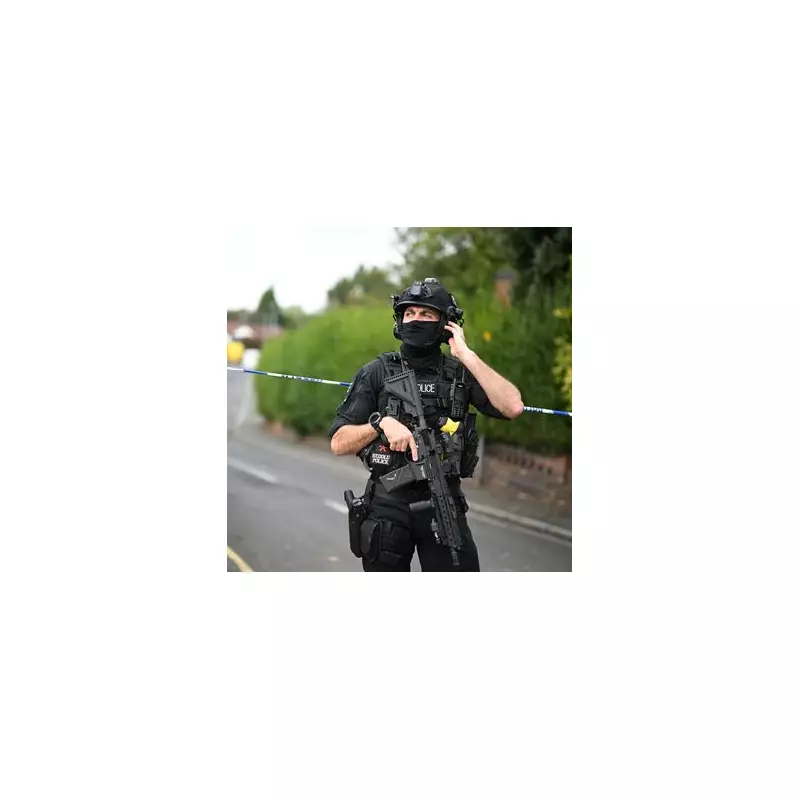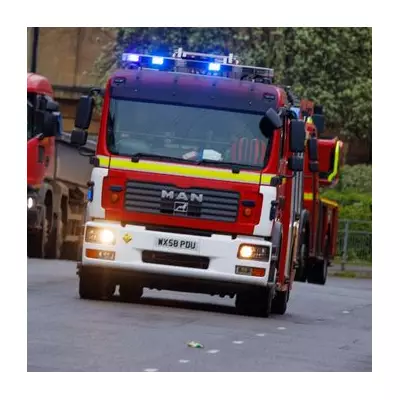
A devastating official report has revealed that the secret emergency codeword 'Plato' was activated during the horrific 2017 Manchester Arena bombing, yet critical failures meant a coordinated response never materialised for nearly two hours.
The inquiry into the atrocity that claimed 22 lives and injured hundreds has exposed shocking breakdowns in communication and leadership during the night of May 22nd, 2017.
What Was the 'Plato' Codeword Meant to Do?
'Plato' was designed to trigger a major incident response, automatically mobilising emergency services and establishing a strategic command structure. However, the inquiry chaired by Sir John Saunders found that while the codeword was correctly transmitted, the system failed catastrophically.
Emergency services remained unaware that 'Plato' had been declared, leading to a fragmented response that left dying victims waiting for proper medical attention in the bombed foyer area.
A Timeline of Failure
The report outlines a series of critical failures:
- North West Ambulance Service declared 'Plato' at 22:47pm, just 15 minutes after the explosion
- Despite this declaration, no strategic commander was appointed for the ambulance service
- Fire services arrived at the scene over two hours later than they should have
- Police failed to establish proper command and control structures
Sir John Saunders stated: "The declaration of Operation Plato was correct. What went wrong is that the other emergency services were not told."
The Human Cost of Communication Breakdown
Most tragically, the inquiry heard that the absence of a coordinated medical response meant some victims might have survived with earlier intervention. The report identifies specific cases where earlier medical care could have changed outcomes.
Eight-year-old Saffie-Rose Roussos and 28-year-old John Atkinson were among those who might have survived with better medical response, according to evidence presented to the inquiry.
Lessons for Future Emergency Responses
The report makes several critical recommendations for improving major incident responses:
- Better communication systems between emergency services
- Clearer command structure protocols
- Improved medical response coordination
- Enhanced training for mass casualty incidents
The findings have prompted serious questions about emergency preparedness across the UK and whether similar failures could occur in future incidents.





